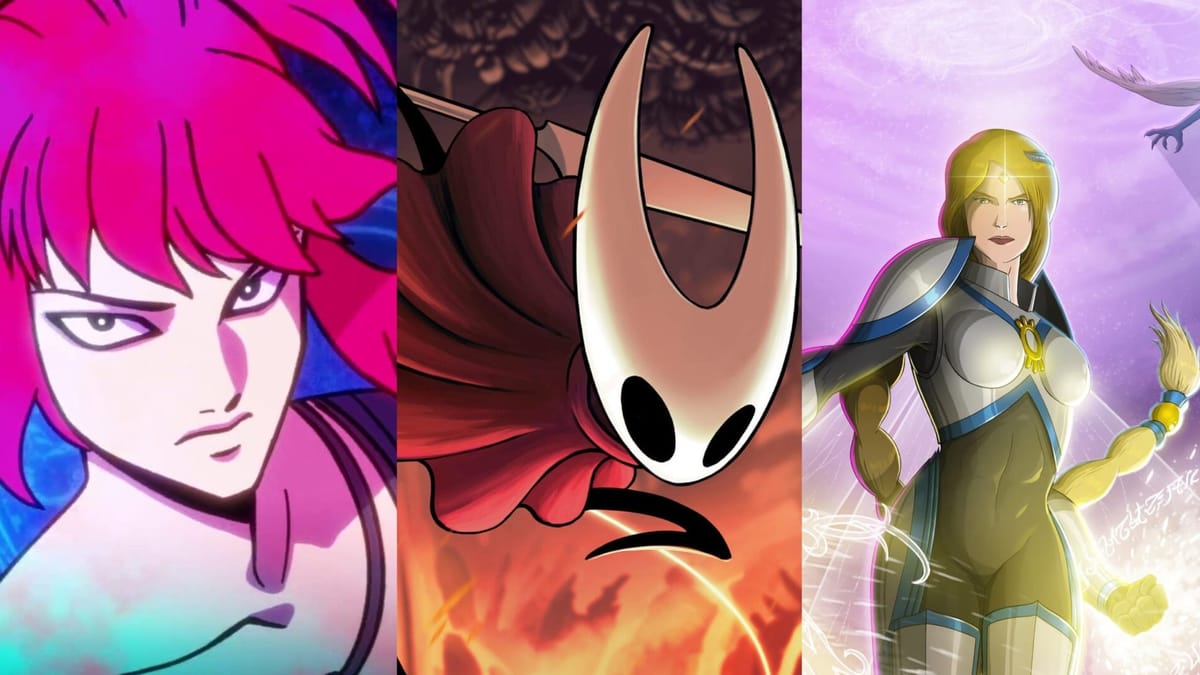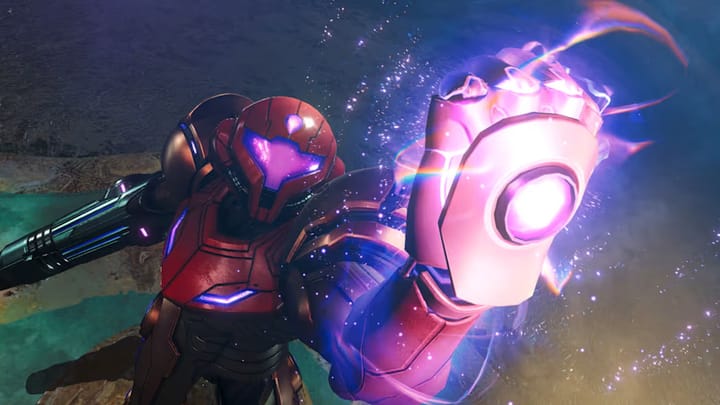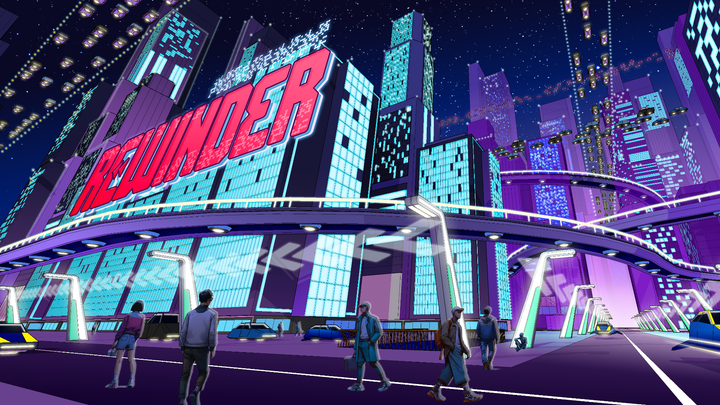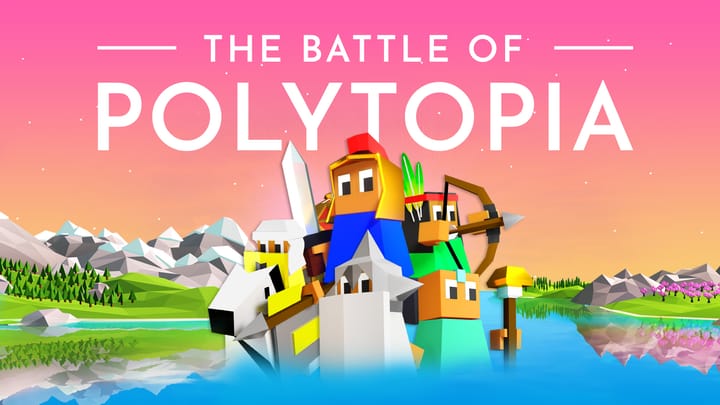Is There Ever a “Safe” Time To Release a Video Game?
Several studios have delayed their launches in response to Hollow Knight: Silksong's launch next week.

I never thought we'd see the indie equivalent of Grand Theft Auto 6 making publishers nervous about release dates, yet that's exactly what Hollow Knight: Silksong has achieved.
After years of speculation, infrequent updates, and endless rumours, Team Cherry finally revealed last week that its highly anticipated Metroidvania title is launching on September 4, 2025, over six years since its announcement. Beyond all the hype every time a major presentation occurs, there's a demonstrably real anticipation here. Nearly 5 million Steam players have wishlisted it, and player activity for Hollow Knight has gone through the roof in preparation.
Perhaps unsurprisingly, we've seen various delays follow across the indie space in just under a week, as Aftermath, The Verge, and other outlets recently summarized. CloverPit moved from next week to September 26, Demonschool now arrives on November 19 with additional content, Stomp and the Sword of Miracles moved back its demo, Aeterna Lucis will launch in 2026, and adventure RPG Faeland postponed its early access launch.
And while we were editing this, both Baby Steps announced it is moving back its release until September 23, and Little Witch in the Woods has shifted back to September 15. That's a lot of games, changing a lot of plans, in very little time. All to accommodate one game.
Given that Team Cherry only offered two weeks notice on the release date, it's little surprise that Silksong has thrown certain release plans off course this much. Though this didn't unfold in the same way, I'm reminded of how much speculation Grand Theft Auto 6 caused when it targeted a late 2025 launch, as numerous analysts claimed other publishers were withholding release dates until Rockstar confirmed a date. It eventually got delayed to May 2026.
You can't just release a game twice to see how they perform under different circumstances, and months that were once considered quiet have more games launching than ever. December 2024 had Caves of Qud, Fantasian, Infinity Nikki, Marvel Rivals, Indiana Jones and the Great Circle, Alien: Rogue Incursion, Monument Valley 3, and plenty more. Even January this year had a few bigger names like Donkey Kong Country Returns HD, Ninja Gaiden 2 Black, Dynasty Warriors: Origins, a Tales remaster, and a new Sniper Elite.

The end of this year isn't looking much quieter, and October's calendar has traditionally been a big month before the holidays. Ignoring Switch 2 ports, this currently has Ghost of Yotei, Battlefield 6, Little Nightmares 3, Ball x Pit, Pokémon Legends Z-A, Jurassic World Evolution 3, Ninja Gaiden 4, Vampire: The Masquerade - Bloodlines 2, Moonlighter 2, Reach, Plants vs. Zombies: Replanted, Once Upon A Katamari, Mina The Hollower, Tales of Xillia Remastered, The Outer Worlds 2, Dragon Quest I & II Remake… I could go on.
It's a lot, and that's further compounded by the fact that more games than ever before are being released, and Steam saw 19,000 titles launch in 2024 alone. That's before we even factor in how many older games are still receiving regular updates and maintaining dedicated fanbases.
So, going back to my headline's original question, is there ever a time that's truly considered safe to release a new video game in 2025? Universally, no, not really. There are better times than others, but you can't predict when the next mega hit is coming out. I'm sure people who launched games the same week as Balatro, Clair Obscur: Expedition 33, or the original Hollow Knight planned things out as much as anyone else. However, I can't fault anyone for avoiding certain hits like Grand Theft Auto 6 or Silksong, which will inevitably take up all the air in the room. After all, you only get one shot at a launch - remasters excluded.
This is hardly a new phenomenon across any creative industry, of course. This is more my own musings, since two instances in such quick succession have put this into perspective. With visibility getting tougher while there's more competition than ever before, studios and publishers need to take every advantage they can get. But if there is a safer release window for games, it's getting harder to find.




Comments ()